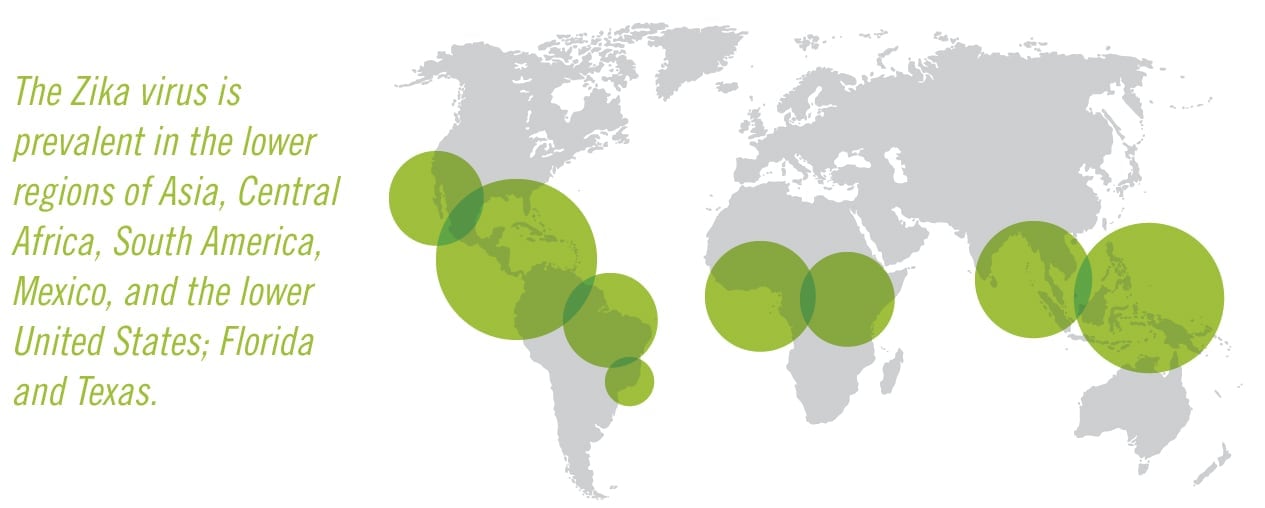A new study reports that humans are up to 1,000 times more likely to spread diseases like malaria, Zika, and yellow fever than mosquitoes, which have often been viewed as the leading reason diseases spread around the world.
Michael Johansson, the lead author of the study and researcher at the Center of Disease Control in Puerto Rico, credits the findings to the vast amounts of human travel on airplanes and how unlikely it was that infected mosquitoes made it to new locations via airplanes. It was more likely that humans were the cause.
“We expected to find this, but we were surprised by the magnitude,” Johansson told Reuters. He emphasized that the study focused on the “worst-case scenarios” of how severely humans spread disease.
“We need to focus on ways to prevent the spread through humans,” Johansson explained.
Researchers found that there was a 25 percent chance a singular mosquito was on a plane. “Overall, the probability that an airplane traveling from a mosquito-heavy area would lead to infection was extremely low” no matter how much mosquito prevention the airplane went through, the report said. Humans were found to be “hundreds of times more likely” to be the reason why diseases spread from one location to the next.
Johannson also stressed that disease-prevention professionals need to find better ways to prevent diseases spreading amongst humans more than insects.
“We’ve had disinsection policies for a long time, which are targeted at mosquito species and agricultural pests,” he said. “But we need to focus on ways to prevent the spread through humans.”



